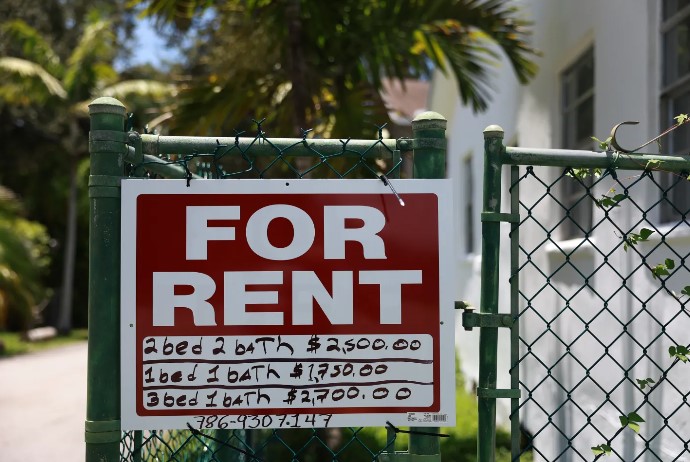Published by Vox | June 13, 2024
A bold experiment to help tenants is advancing.
DETROIT — The federal government is laying the groundwork for a potentially major change to the nation’s largest rental assistance program, aiming to test an idea that would allow low-income tenants to pay rent directly with cash, rather than use traditional housing vouchers.
On Wednesday afternoon in Detroit, at a national guaranteed income conference, HUD Deputy Assistant Secretary for Policy Development Brian McCabe announced that his agency is soon planning to solicit public comment on the prospect of testing whether distributing cash directly to tenants might work better for renters, landlords, governments and even taxpayers.
Officials are keenly aware of some of the stark challenges faced by participants of the 50-year-old federal voucher program. To get a voucher, a household first must prove eligibility. Then a public housing agency must issue the voucher subsidy to a landlord on the household’s behalf. The landlord must then accept that voucher, the unit must pass an inspection, and the landlord must sign a contract with the public housing agency.
These are a lot of steps, and many landlords simply refuse to rent to voucher holders, citing frustrations with the often slow and complicated process. Landlords complain of bureaucratic headaches like delayed lease signings that lead to income loss and arbitrary-seeming unit inspections.
Some renters, in turn, struggle to find anywhere to use their voucher, should they be one of the lucky few to even receive one. One federal study found that only about 60 percent of beneficiaries can find a landlord willing to rent to them.
HUD will specifically seek input on questions like whether landlords would be more willing to rent to low-income people if they could skip the government’s red tape, and whether there would be higher-quality housing available to renters using cash. More than two million families currently use the federal subsidy.
At the conference, McCabe also shared that HUD plans to soon issue guidance to housing agencies on how they could run these sorts of cash pilot programs. McCabe was referring specifically to agencies in Moving to Work, a federal program that allows certain public housing authorities to spend their dollars more flexibly than is permitted under the traditional voucher program. Moving to Work was established in 1996 and expanded by Congress in 2016.
McCabe’s announcement reflects a change in HUD’s position on cash assistance. Last year, HUD lawyers said housing agencies, including those in Moving to Work, lacked the legal authority to test cash aid in lieu of vouchers.


